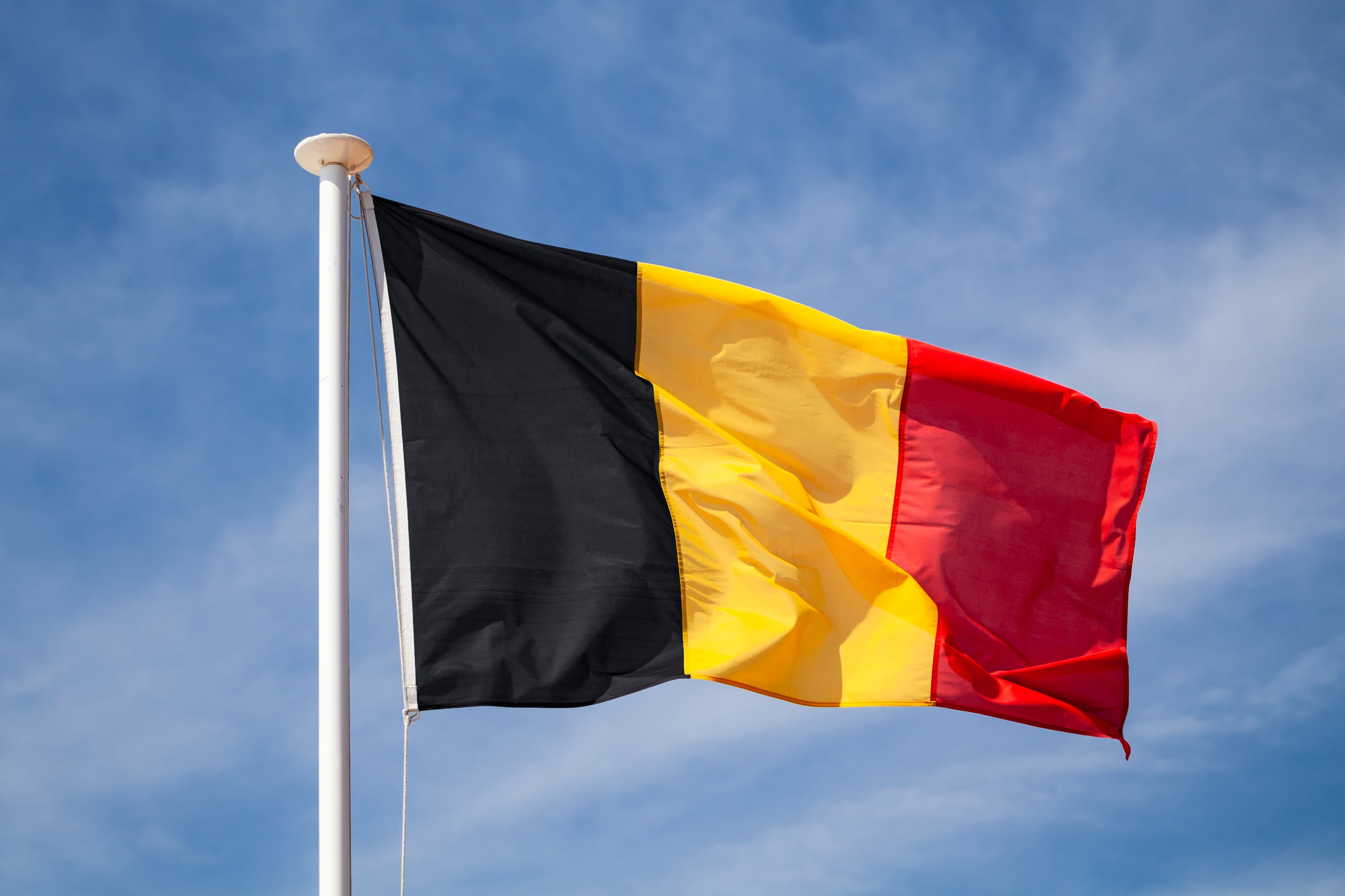The Flemish government has released details for its new round of EV incentives; however, they will only be in place for 2024. Previously, the government had signaled that it would extend from 2024 through to 2026. The Flander’s incentive was originally discontinued in 2020, however in September 2023 the government announced it would be reintroduced in 2024. Applications for the scheme opened on the 12th of February.
A Flanders incentive
The incentive outlined by the Flemish government only applies to the Flanders region of Belgium which accounts for 60% of the Belgian population. It gives a maximum bonus of EUR5,000 for a new BEV costing less than EUR40,000. For secondhand vehicles between three and eight years old there is a EUR3,000 bonus, but this only applies if the original cost of the vehicle was less than EUR60,000.
The local government has allocated EUR20 million towards the scheme, however the state council of Flanders had previously warned that issues may arise if this does not meet the increasing demand for EVs. In reference to the subsidy not extending for the original three years, the office for regional mobility commented “It’s the next Flemish government’s task to decide on the future of this venture.”
A regional incentive landscape
Whilst the national government of Belgium does not offer direct incentives for the purchase of an EV, in July 2023 it introduced a progressive tax system, where a monthly social contribution must be made with CO2 emitting cars subject to escalating tax. Elsewhere, the Wallonian government offers low purchase tax rates for BEVs.
Rho’s Evaluation
The Belgian government is one of the only governments not to offer direct incentives for the purchase of an EV. Subsequently, the Flemish government’s incentives are important for Belgium’s EV adoption. The Flemish government’s move to continue EV incentives for just a year aligns with a changing European subsidy landscape.
Rho Motion’s analyst, George Whitcombe commented “The back end of 2023 and start of this year have seen a number of European governments tighten or even end their EV purchasing incentives to the detriment of the consumer. Switzerland ended its EV import tax exemption on EVs, France reduced the number of EVs eligible for its ‘Bonus Écologique’ and Germany abruptly ended its BEV subsidy scheme in mid-December. Despite this growing trend, Denmark and Spain both announced plans in Q4 2023 to extend their subsidies beyond initial deadlines.”
More Information
For more information on how our research can support you, get in touch.
Image credit: Adobe Stock
Sources: Brussels Times

 Back to News
Back to News